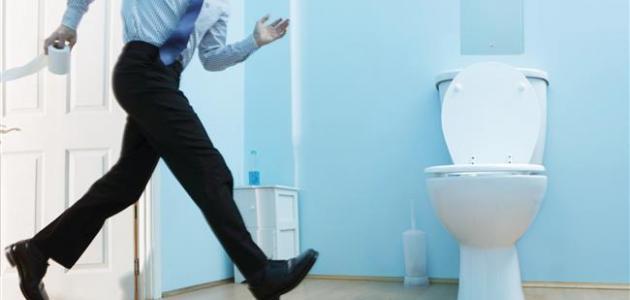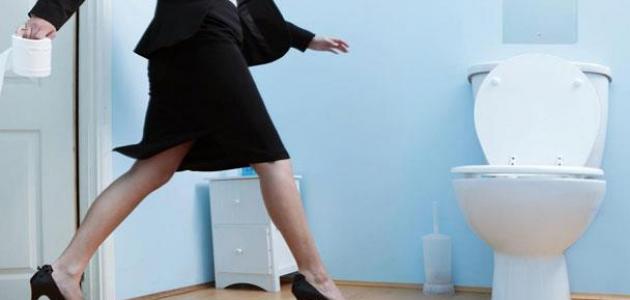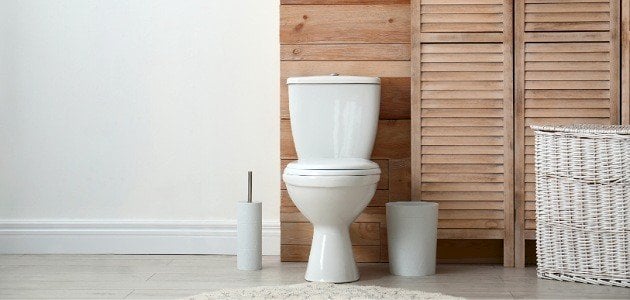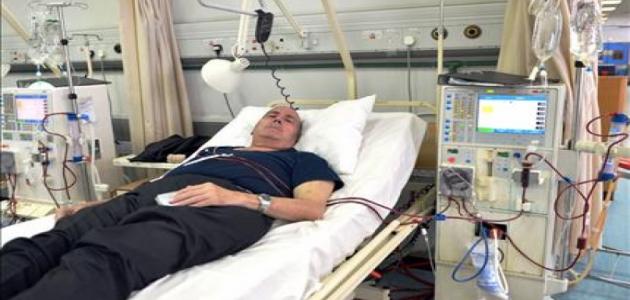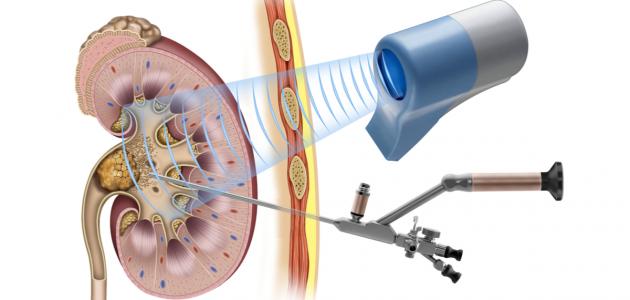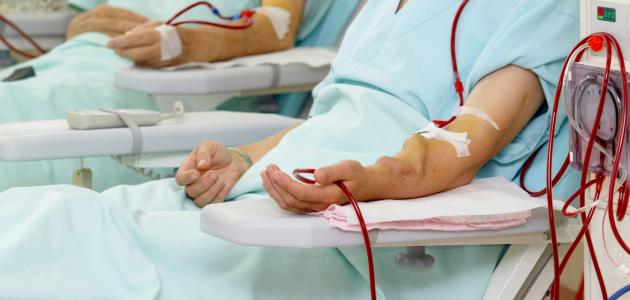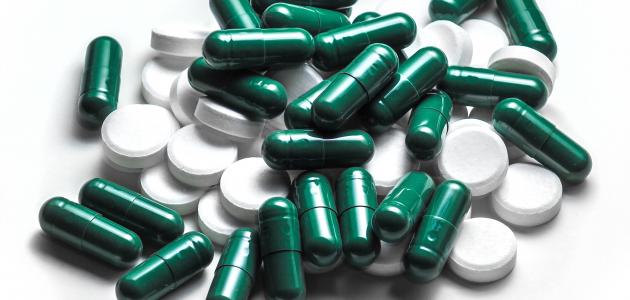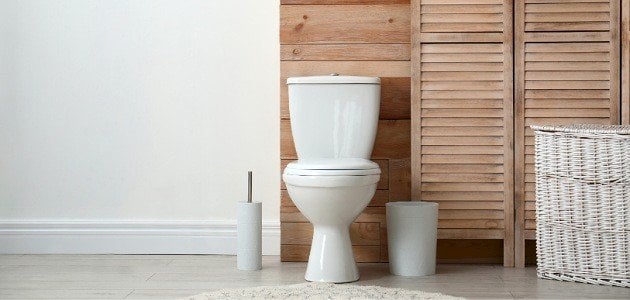frequent urination
Frequent urination is the desire to go to the bathroom in short, frequent periods when drinking anything and sometimes when not drinking as well. This problem may be normal or it may indicate the presence of larger problems within the body. Many people suffer from the problem of frequent urination, but it may not be a problem in itself. But for a person who has a lot of work outside the home, it is considered one of the most annoying problems and obstacles, as it causes him embarrassment wherever he goes, so he resorts to avoiding drinking any liquids, especially those that contain caffeine. Therefore, the person must diagnose his condition and see a doctor to ensure his general health condition.
Causes of frequent urination
Causes of frequent urination include:
- diabetic: Frequent and large amounts of urination are often an early symptom of diabetes, as the body tries to get rid of unused glucose through urine.
- pregnancy: Since the first week of pregnancy, the size of the uterus increases, creating pressure on the bladder along with it, which causes frequent urination, and the desire to go to the bathroom increases as the pregnancy progresses and the size of the fetus becomes larger.
- Prostate problems: An enlarged prostate can put pressure on the urethra, which is the tube that carries urine from the body, and prevent its proper flow, which causes the bladder wall to become irritable, thus increasing the desire to urinate even if the amount of urine is small in the bladder.
- Interstitial cystitis: This condition is characterized by the lack of knowledge of its main cause, in addition to pain in the bladder and pelvic area, and these symptoms often include the need and desire to urinate frequently.
- Use of a diuretic: Medications used to treat high blood pressure or fluid buildup cause the kidneys to expel excess fluid from the body, causing frequent urination.
- brain attack: Or other neurological diseases, such as damage to the nerves that supply the bladder, can lead to problems with its function, including frequent and sudden urges to urinate.
Read also:Symptoms of kidney infection
Treatment of overactive bladder
Treatment methods for overactive bladder include:
- Bladder retraining: This involves increasing the intervals between using the bathroom over a period of about 12 weeks. This helps to retrain the bladder, hold urine for a longer period, and urinate in a much smaller amount.
- Diet modification: Foods that lead to bladder irritation or diuresis should be avoided, including caffeine, alcohol, soft drinks, tomato-based products, chocolate, artificial sweeteners, and spicy foods. It is also important to eat foods rich in fiber, because they work to get rid of constipation that may Increases bladder overactivity.
- Fluid control: The person must drink a sufficient amount of fluids to hydrate the body, and at the same time avoid drinking them before going to sleep.
- Kegel exercises: These exercises help strengthen the muscles around the bladder to improve bladder control and reduce frequent urination.
